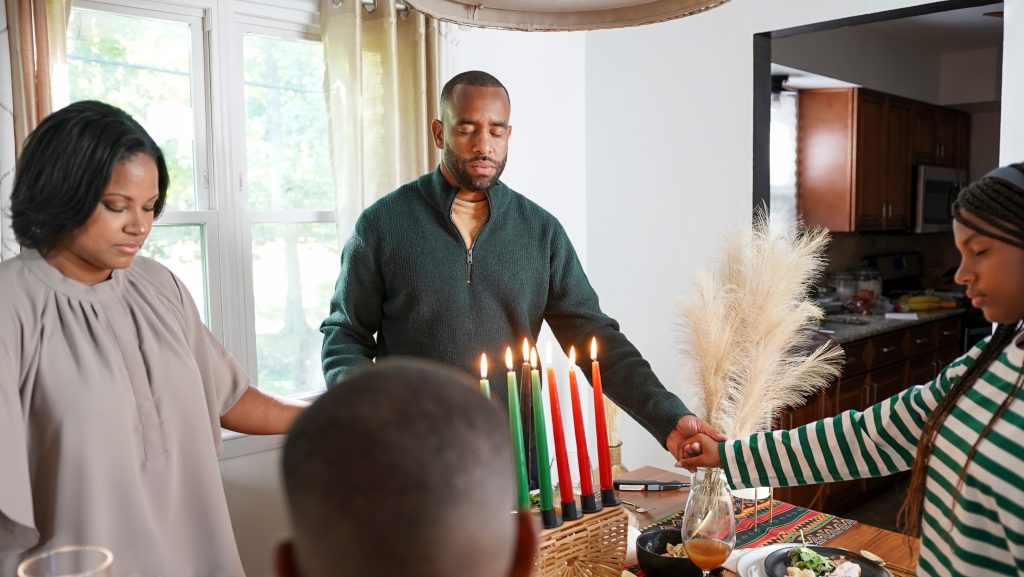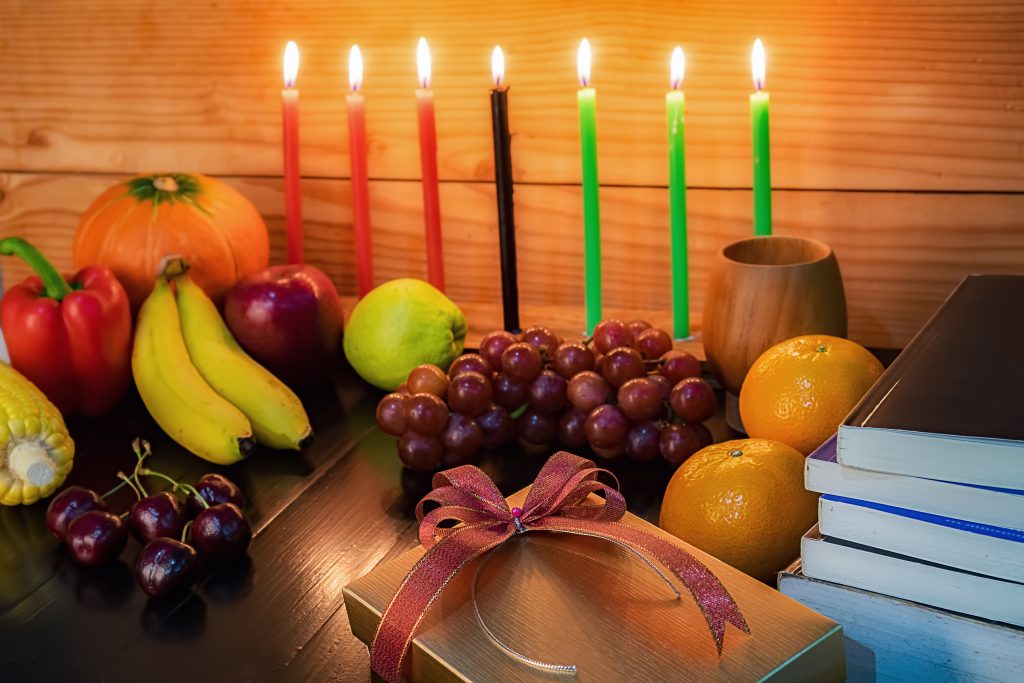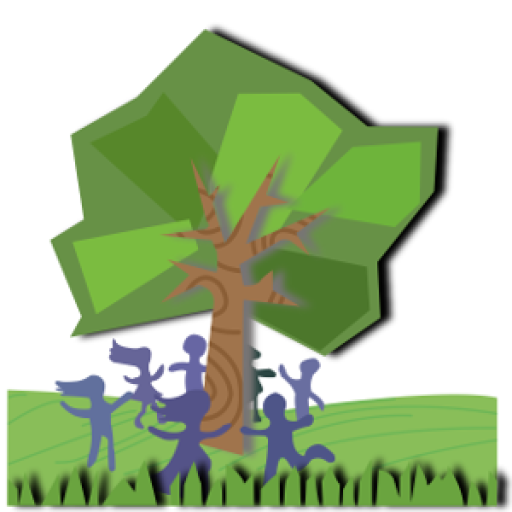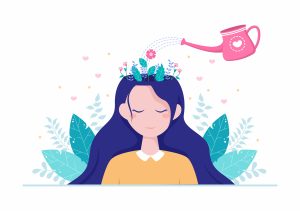
In the spirit of the holidays at this time of year, I decided it was time to learn more about Kwanzaa.
All I really knew about Kwanzaa was that it was a celebration created in the 1960’s and was based in African culture. I have great respect for anyone who takes the time to create something meaningful to help others focus on what is truly important in life. That’s what I thought Kwanzaa may be…
First Fruits
Kwanzaa comes from the Swahili phrase for “first fruits.” For seven nights, families gather for a traditional meal, music, and storytelling or poetry-reading based around the seven principles of the celebration… African-American cultural values which help to nurture strength and community.
Kwanzaa was indeed created in the 1960’s in the U.S. by Dr. Maulana Karenga, a professor in California who more recently, in 1995, helped write the mission statement for the Million Man March, one of the most important and most emotional national events in African-American history.
Re-Focus and Re-Group
Karenga believed that for a displaced and disenfranchised group of people to restore a sense of place, strength, and community, a celebration of their heritage could allow them a chance to refocus and re-group. In much the same way that Christmas and Hanukkah, the Festival of Lights celebrations allow people to re-focus their thoughts and actions based on shared beliefs and principles, and so does Kwanzaa.
Principles to Live By
The 7 Principles of Kwanzaa, Nguzo Saba, and the symbols used in the Celebration:
1. Unity – in the family, community, nation, and race *Symbol: Mazao, the crops
2. Self-Determination – to decide who you are, how you will be called, and how you will have a voice *Symbol: Mkeka, the placemat
3. Collective Work & Responsibility – to strengthen community and solve problems collectively *Symbol: Vibunzi, ear of corn
4. Cooperative Economics – to maintain and support stores and businesses to strengthen the community *Symbol: Mishumaa Saba, the seven candles
5. Purpose – the building and support of community *Symbol: Kinara, the candleholder
6. Creativity – to leave the community a better place *Symbol: Kikombe Cha Umoja, the unity cup
7. Faith – to believe in the righteousness of the struggle *Symbol: Zawadi, gifts
All About Kwanzaa

Although originally celebrated as an alternative to the traditional holidays, Kwanzaa is now often observed along with Christmas and New Year’s as it begins on December 26th and ends on January 1st.
It is estimated that somewhere between 12 and 30 million people will celebrate Kwanzaa. Maya Angelou narrated an award-winning 2009 documentary, The Black Candle, about the struggle of African-Americans to restore a sense of pride in their families, communities, and larger culture.
What Kwanzaa Has To Do With Me
The principles of Kwanzaa are helpful and positive, whether interpreted strictly as a way to strengthen the African-American community or interpreted more broadly as ideals for each of us to pay attention to all year round. The idea that we are all one, that we need to support one another, and leave our communities better places than they were before we became a part of them resonates with me.
The idea is that it is up to each of us to determine for ourselves who we are, what we stand for, and how we will have a voice is one I wholeheartedly support. So, although I will still celebrate my traditional holiday, I have a better appreciation for the origins and meaning behind Kwanzaa and can keep this in mind as I go through the holidays this season. I hope you will, too! 🙂
Dr. Anita Sanz, PhD, Psychologist
To learn more about Kwanzaa, click here!
When You’re Feeling Stuck: First, Don’t Panic…
Do you feel stuck? Nothing’s moving? Can’t get going? Like when you’ve gotten your car or truck stuck in soft sand. And the harder you…
An Easier Path to Meal Planning
Are you spending too much going out to eat? Trying to eat healthier, but getting either bored or overwhelmed with the process of meal planning…
I Didn’t Put RELAX on my To Do List!
Maybe this isn’t your problem. Maybe your problem is you’re relaxing TOO much and the dishes have been sitting in the sink in the kitchen…
Stop freaking out!
Finding the balance is what we are all trying to do… whether we are talking about the balance between work and play, taking care of…
Mental Health Hygiene
Cut Your Therapy Bill In Half! Psychotherapists can do so much to improve mental health. They can provide information, teach you skills you need to…
How Steady Is Your Relationship?
COMFY? How Stable is Your Relationship? Take your typical 4-legged wooden stool. It’s nice and stable…if it’s got all 4 legs. You can probably even…






